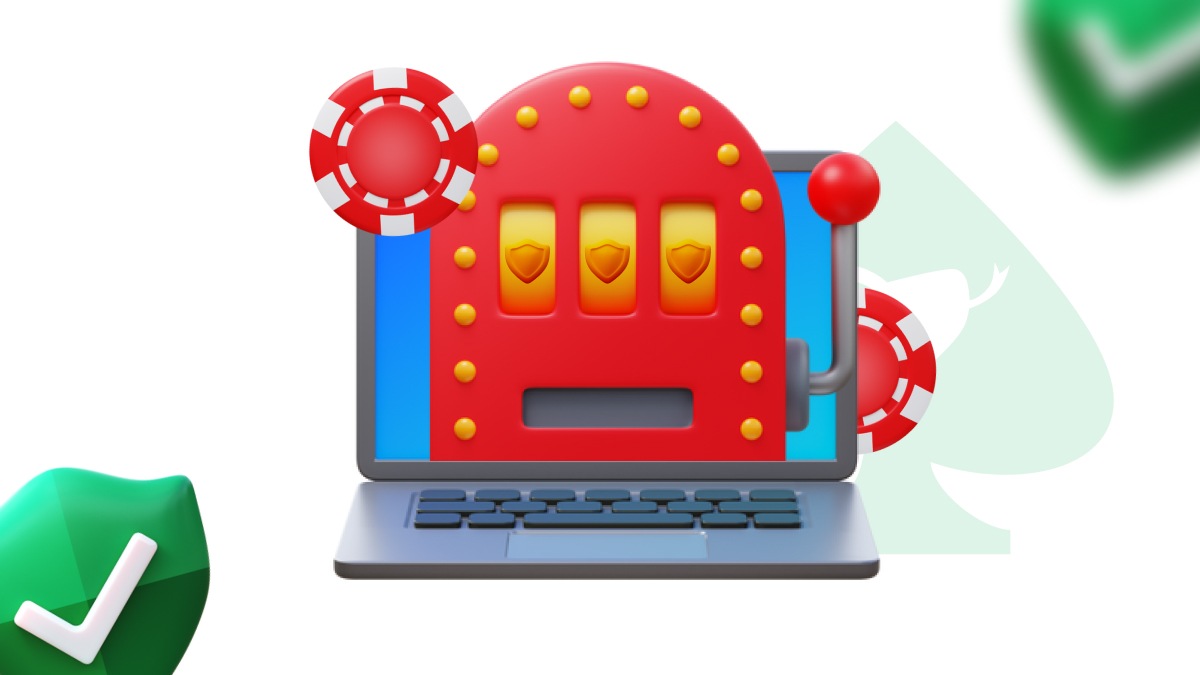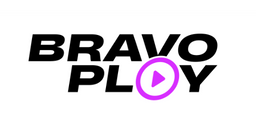Can You Really Trust a New Online Casino?
For many players, a brand-new online casino can feel attractive. Fresh design, large welcome packages, and modern game collections are all part of the appeal. But the real question is simple: are these new casinos actually safe?
The answer is not the same for every site. Some new casinos are safe if they are well regulated and transparent, while others can be risky. This guide looks at the main factors that show whether a new online casino can be trusted.
Licences – The Foundation of Safety
Every legal online casino must operate under a gaming licence. This licence sets the rules the operator must follow, but not all regulators apply the same standards. Some authorities are very strict, while others give lighter oversight.
| Regulator | Region | Oversight Level | Key Protections |
|---|---|---|---|
| UK Gambling Commission (UKGC) | United Kingdom | High | Regular audits, player fund segregation, strict dispute resolution, strong anti-money laundering rules |
| Malta Gaming Authority (MGA) | Malta / EU | High | RTP audits, fund segregation, transparent complaints process, responsible gambling requirements |
| Alcohol and Gaming Commission of Ontario (AGCO / iGaming Ontario) | Ontario, Canada | High | Strict responsible gambling rules, independent testing, secure transactions, local compliance enforcement |
| Kahnawake Gaming Commission (KGC) | Canada | High | Licensing for operators serving Canadian players, fairness testing, compliance checks |
| Curaçao eGaming | Curaçao | Lower | Basic licence verification, lighter operational oversight |
| Anjouan Offshore Financial Authority (AOFA) | Anjouan, Comoros | Lower | Fast licensing process, limited oversight, minimal dispute resolution structure |
Licensing also shows who owns the casino. A brand launched by an operator with other trusted sites is usually safer than one with no public history. Most sites list their corporate name and registration number in the footer — you can verify this in public company registries or on the regulator’s site.
Security and Player Protection
A licence is only part of the safety picture. A new casino must also prove it can protect player money and data. Safe sites usually have:
- Fund segregation – Player balances kept in trust accounts, separate from business funds.
- Encryption – SSL/TLS technology to protect transactions and personal details.
- Fair gaming certificates – Testing by independent labs like eCOGRA or iTech Labs to confirm Random Number Generators (RNGs) and return-to-player (RTP) rates.
Risks Unique to New Casinos
Even if licensed, new casinos often face early problems. Withdrawals may be slower while systems are being refined, customer support teams may still be training, and technical issues can appear in the first months. It’s also wise to consider how well a new operator protects its systems from threats — our article on cybersecurity at new online casinos covers the key measures that help keep both player data and payments safe.
To reduce risk, start small:
- Deposit a modest amount.
- Play a few games and request a withdrawal.
- See how long it takes and how responsive support is.
Bonuses and Their Terms
Large welcome offers are one of the main ways new casinos attract players, but they can also raise concerns. Before you claim:
- Check the wagering requirements – High requirements (over 50x) can make withdrawals harder.
- Look for maximum withdrawal limits – Some bonuses cap how much you can cash out.
- Review game restrictions – Certain games may not count toward wagering.
Clear bonus terms are a sign the casino values building trust.
Independent Reviews and Blacklists
Independent player reviews and watchdog sites can reveal how a casino operates. Check sites like AskGamblers, Casino Guru, or Trustpilot for payment speed, support quality, and dispute handling feedback.
Responsible Gambling Measures
Safety also means supporting responsible play. Good casinos offer tools such as:
- Deposit and loss limits
- Session reminders
- Self-exclusion options
- Links to Canadian support services such as ConnexOntario and Gamblers Anonymous
Some operators use behaviour monitoring to detect signs of problem gambling and offer help proactively.










